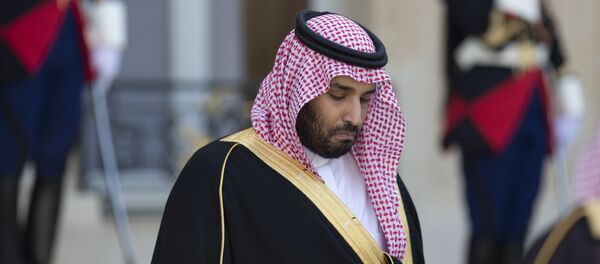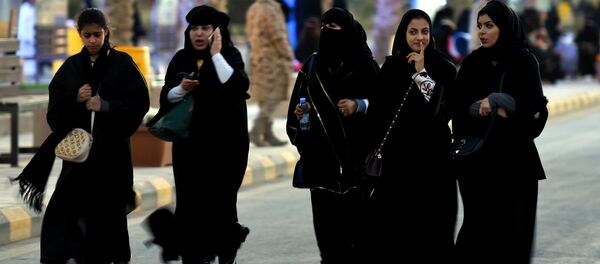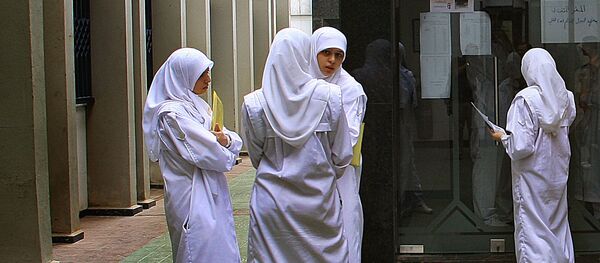"That Saudi Arabia has had a tremendous influence on the spread of the Islamist ideology is quite clear, but apparently very few want to talk about it," Norwegian ex-ambassador to Saudi Arabia, Carl Schiøtz Wibye, told Norwegian daily Aftenposten.
Meanwhile, Saudi Arabia has been long busy exporting Wahhabist propaganda fueled with oil money. This includes funding religious schools teaching Wahhabism in other countries and printing and exporting Qurans with what he described as violent interpretations in parentheses and footnotes.
"To put it bluntly, Wahhabism is not even a religion, but a cult built on fanatical fantasies of a power-hungry desert preacher in the 1700s," Carl Schiøtz Wibye argued, venturing that Wahhabism permitted the execution of "apostates," a notion that included proponents of different interpretations of Islam, followers of other religions and non-believers. Coincidentally, this is where Daesh and other Islamist terrorists happen to stand.
Because of Saudi Arabia's funding of the spread of Wahhabism, Schiøtz Wibye believes it would be a good idea to prohibit political and religious activity financed by totalitarian regimes that do not follow the UN Declaration of Human Rights, which the Norwegian Progress Party suggested in 2010.
"To block the influence of Wahhabism, we must provide an overview of this ideology and weed out local feed wherever it comes from, be it through financial support, literature or videos by preachers who say terrible things online. In addition, we require that all imams should speak Norwegian, so we can better understand what is happening in the Muslim community in Norway, he said.
"The niqab is not part of Islam, it is an interpretation that emerged in recent years about how to keep women in their place," he said, citing interpersonal problems caused by such garments.
After two and a half years in retirement, Carl Schiøtz Wibye wrote a book about the country he lived in for five years, from 2008 to 2013. In his book "Kingdom of Terror," launched on February 9, Schiøtz Wibye described Saudi Arabia as a country with no public cultural life, where citizens have to resort to neighboring countries or create hideouts in their basements to be safe from persecution. From his own experience, he narrated about hidden "cellar parties" with friends, since music and festivities were banned in Saudi Arabia.
"The citizens will eventually protest the brutality and the boredom in a country where relations with the opposite sex and most cultural expressions are illegal and punishable," Schiøtz Wibye concluded.
Never miss a story again — sign up to our Telegram channel and we'll keep you up to speed!






